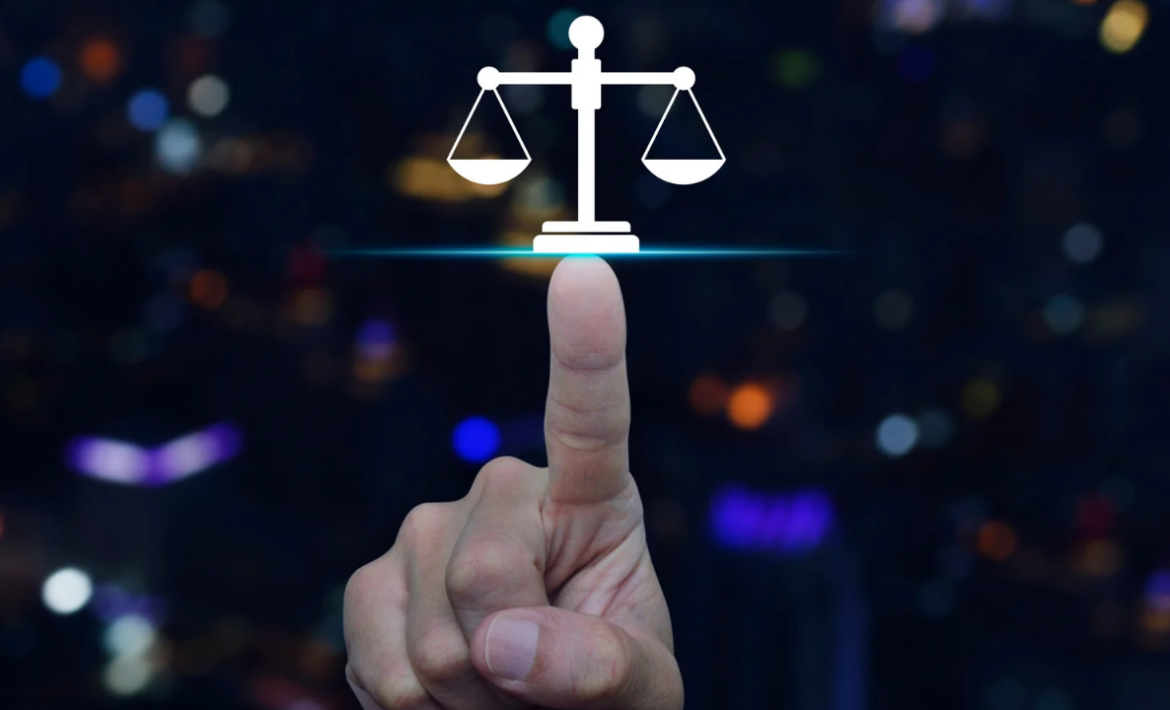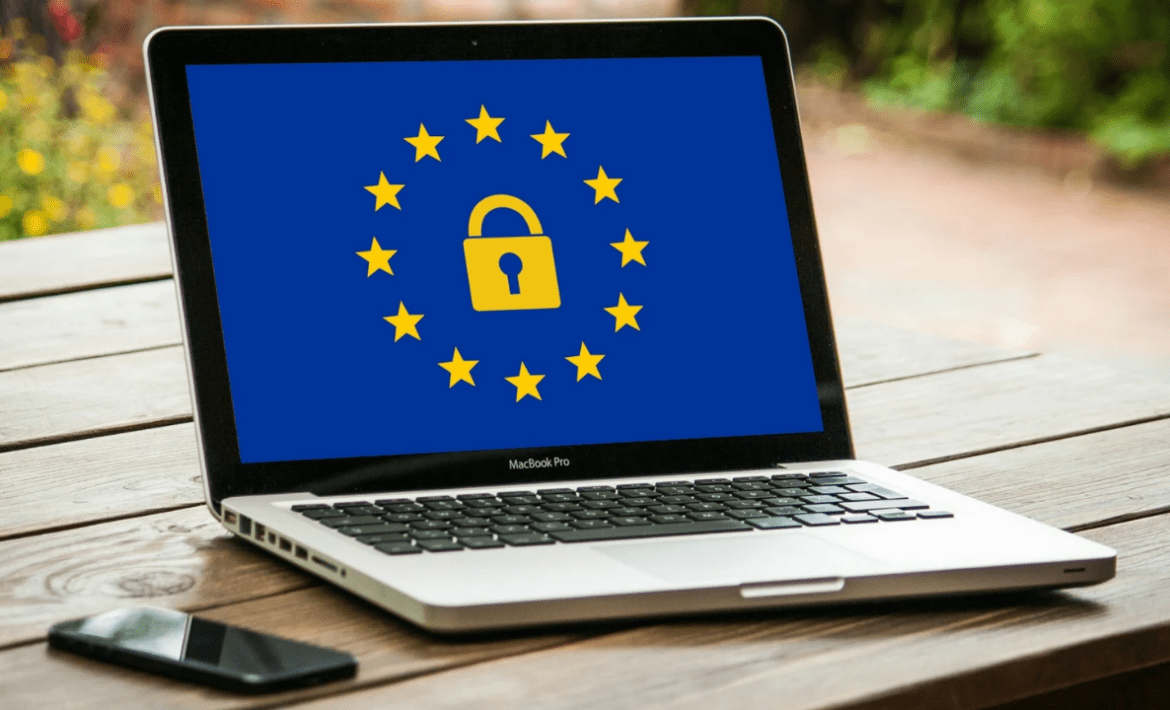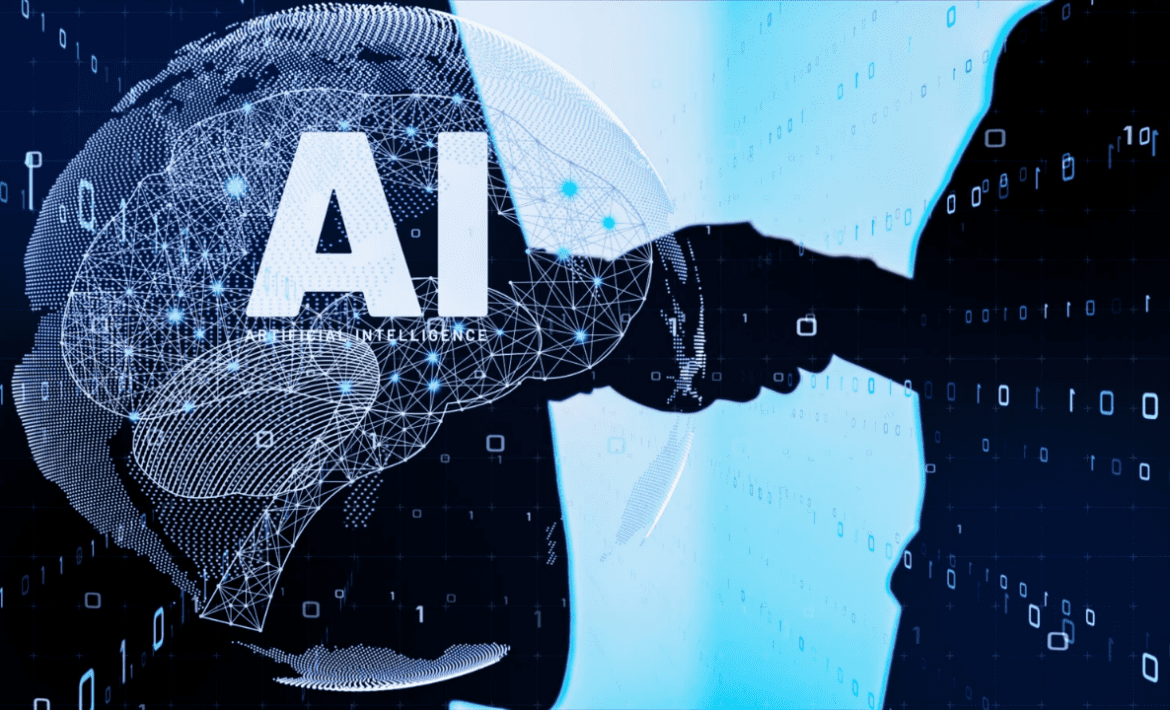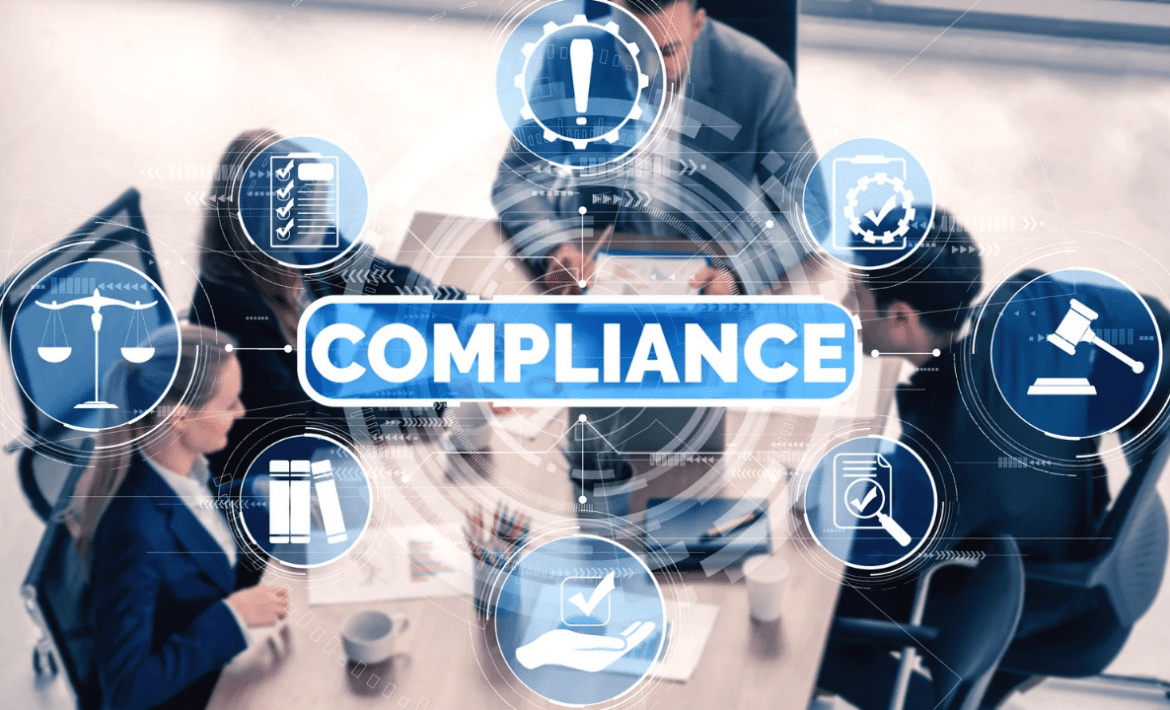Italian DPA fines Replika’s developer €5 million and launches a new probe into AI model training practices.
The Italian Data Protection Authority sanctioned Luka Inc. for unlawful data practices linked to its chatbot Replika and launched a new investigation into the system’s development and training, amid growing scrutiny of generative AI’s impact on vulnerable users. Replika, developed by US-based Luka Inc., enables users to create virtual companions through a generative AI system














